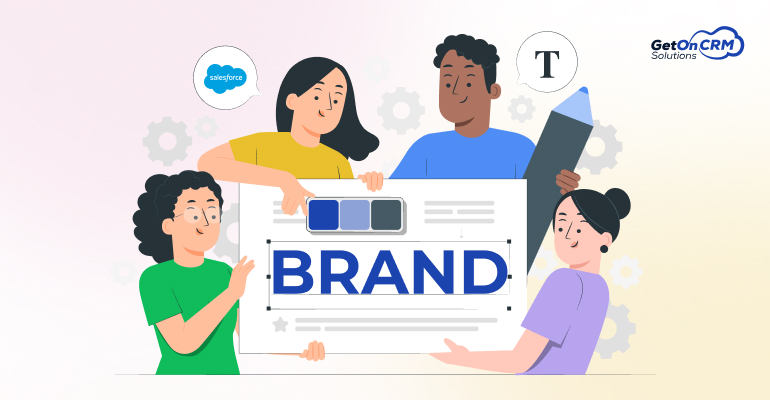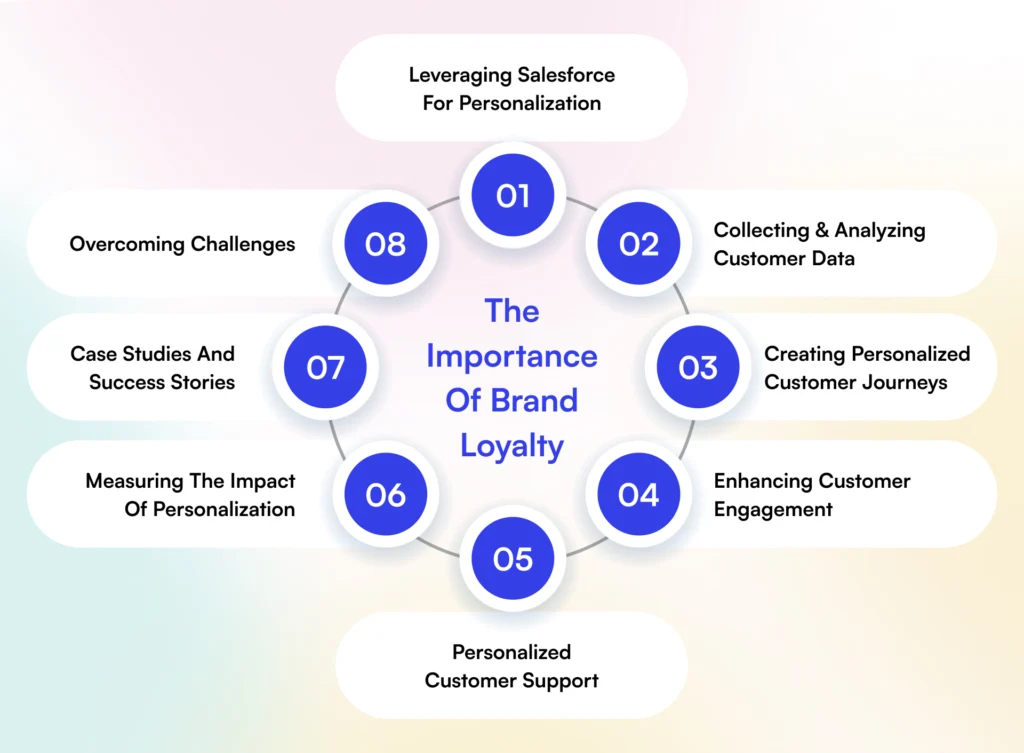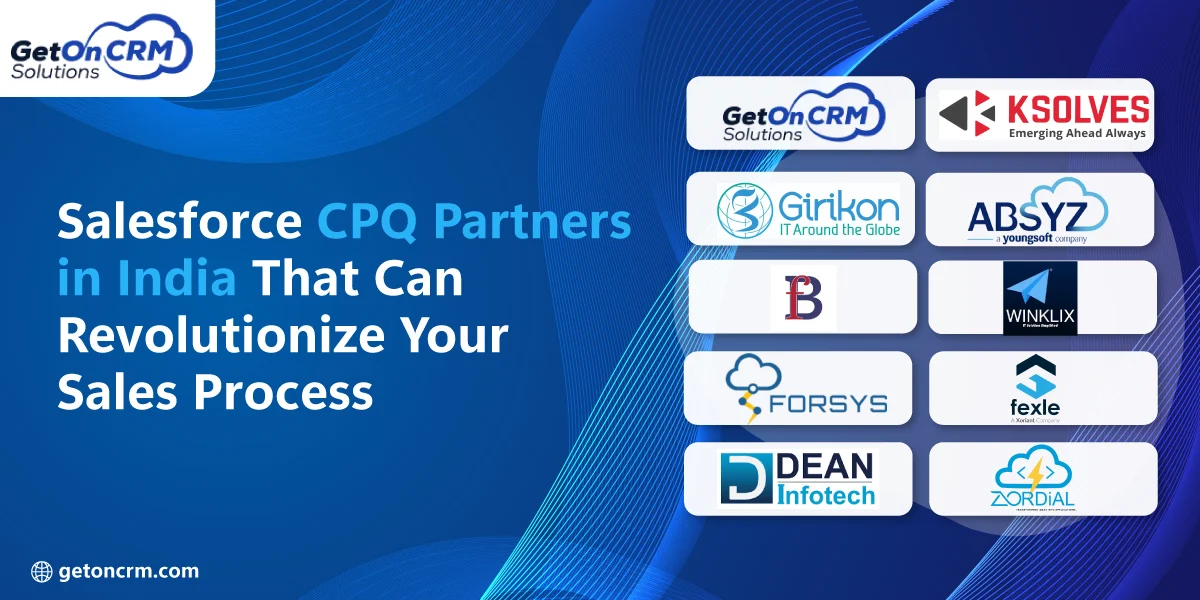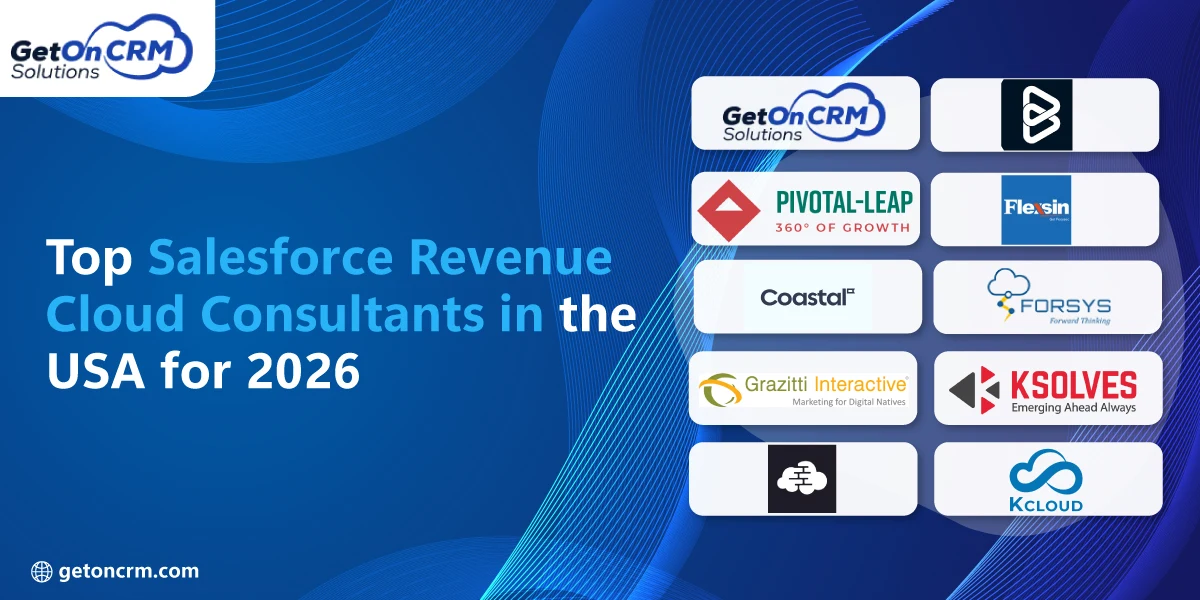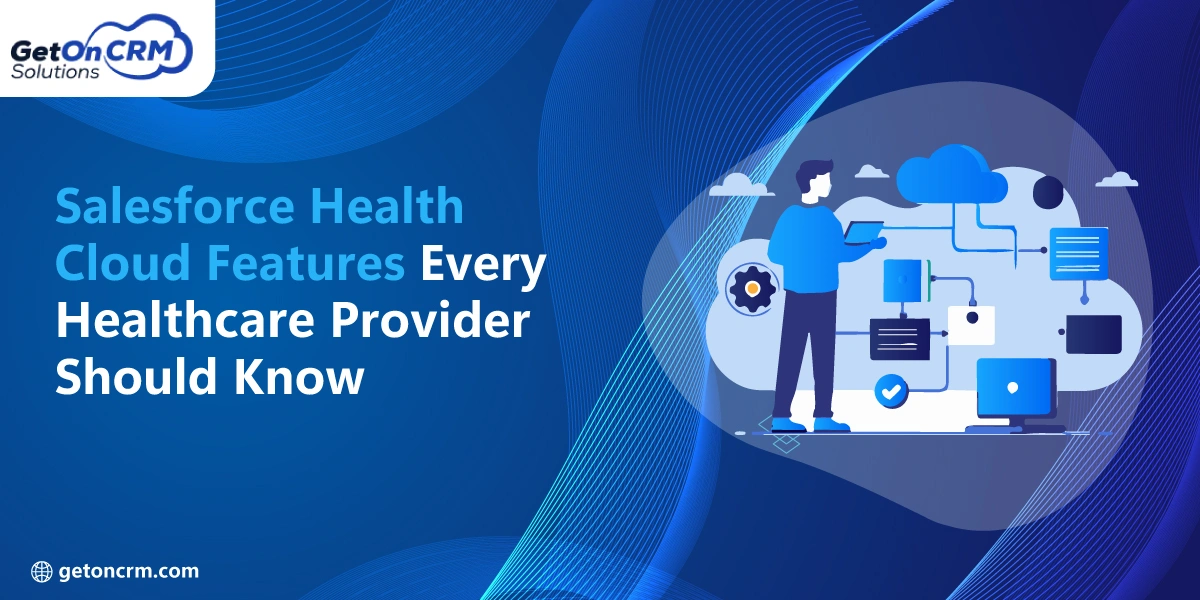Unlike yesteryears, only the brands that deliver personalized customer experience win the race and cultivate long-lasting loyalty. The market today is tough and competitive wherein brand, irrespective of their size and reputation, needs to build special relations with customers through quality products and services. With Salesforce personalized customer experiences, businesses can utilize advanced tools and data-driven insights to establish solid communication that resonates with individual preferences and expectations.
In this short guide, we’ll see how Salesforce can build strong brand loyalty by deepening connections and long-term customer engagement. According to Statista, Salesforce’s revenue crossed US 31 billion. One of the fastest growing companies, Salesforce’s global spending was expected to touch around US $856 billion in 2023. Let us learn how Salesforce can change your business and earn you loyalty through a tailored experience.
The Importance of Brand Loyalty
Brand loyalty refers to customers’ consistent preference for a specific company/brand over time. This results from delightful experiences, emotional connection, and trust. It’s essential to understand the essentials of brand loyalty because it brings repeat purchases and reduces marketing expenses while facilitating customer advocacy.
Strong brand loyalty boosts customer retention and promotes word-of-mouth marketing which, in turn, enables brands to command premium pricing. Such loyalty also gives a competitive advantage as it builds a stable clientele and long-term business success.
In the context of Salesforce loyalty management, the process refers to gaining customers’ trust and satisfaction through the platform’s capabilities delivered by features and functions.
Leveraging Salesforce for personalization
Salesforce offers a stringent suite of tools that empower businesses to offer hyper-customized personal experiences. The Customer 360 platform, Salesforce integrates data throughout touchpoints that allow businesses to view an end-to-end customer journey. All in all, Salesforce improves customer services through a unified approach to produce more targeted and relevant interaction enhancing both conversion rate and satisfaction.
Key salesforce capabilities for personalization
- Sales cloud & service cloud: customized interactions keeping customer history and choices in mind.
- Marketing cloud: personalized emails and campaigns, social media ads, and the like.
- Einstein AI: AI-driven insights for predictive analytics and personalized recommendations.
Salesforce customer personalization also helps businesses deliver customized messages and offers. It is through collecting and analyzing customer behavior from myriad datasets like purchases and browsing patterns.
Collecting and analyzing customer data
Businesses collect and analyze customer data to deliver effective personalization. Salesforce provides a gamut of tools to gather valuable insights. Salesforce enables companies to have a comprehensive view of each customer to understand their behavior, preferences and needs by capturing data from enormous customer touchpoints such as service requests, sales interactions, and digital engagement.
Key capabilities include:
- Integrated data collection
- Real-time data sync
Additionally, Salesforce houses advanced analytics tools such as CRM Analytics and Datorama using which businesses abstract meaningful information from customer data. The tools help businesses fetch real-time insights to predict future trends.
Salesforce makes it easier to segregate customers based on factors like:
- Demographics: dividing customers by job titles, age, and location
- Behavior data: target customers based on purchase history and past interactions
- Engagement levels: filter high-value buyers and prospects to prioritize campaigns
Creating personalized customer journeys
Businesses use Salesforce to craft personalized customer journeys by tailoring marketing drives, offering specific products, and tailoring communications. Marketing Cloud can craft the choicest campaigns based on customer behavior and preferences. Through this, the right message reaches the right person at the right time validating Salesforce personalized customer experiences.
Some of the key personalization features:
- Custom campaign: personalized emails and content-based consumer data.
- Automated messaging: initiate communication based on factors such as cart abandonment and browsing.
- Product recommendation: product suggestion based on past behavior and choices.
Enhancing customer engagement
Salesforce customer experience optimization undertakes customer engagement, especially through Community Cloud. Businesses provide self-service options, build better bonds with customers, and enhance community-driven support by creating interactive customer portals.
Some of the engagement strategies:
- Build interactive portals: provide customers with access to a knowledge bank, FAQs, and forums.
- Real-time engagement: live chat and social media integration that connect users 24/7.
- Community building: enhanced collaboration and peer support through user-centric content.
Personalized customer support
Salesforce offers Service Cloud using which businesses provide personalized and efficient 360-degree customer support. The support teams can address concerns faster and customize solutions based on customer history and preferences.
Essential personalized support includes:
- Service cloud: customer data access in real-time to ensure that support agents get relevant information anytime.
- Proactive support: AI-powered tools such as Salesforce Einstein predict and address customer concerns before they surface.
- AI-driven assistant: enhanced support experience using Einstein AI-enabled chatbots and automation to offer quick customer solutions without a human agent.
Measuring the impact of personalization
Businesses need to track key metrics and analyze customer feedback to assess personalization effort effectiveness. Salesforce offers stringent tools to gauge and optimize tailored experiences ensuring continuous improvement.
Key metrics that help tracking:
- Customer engagement: monitor email open rates, website interaction, and click-through rates to see content relevance.
- Conversion rates: measure how personalized campaigns affect purchase behavior and sales.
- Customer retention: see repeat purchases and long-term loyalty as a check on successful personalization.
Case studies and success stories
Salesforce can provide valuable insights. There are many real-world examples of businesses that showcase successful Salesforce personalized customer experiences. Such case studies exhibit how using customer data, Artificial Intelligence, and automation drives fruitful results from enhanced engagement to better conversion rates and customer satisfaction.
Let us understand how different industries use Salesforce for customization inducing the best practices and proven techniques.
Examples of successful customization
Many companies have seen remarkable success by utilizing Salesforce personalized solutions.
- Retailer example: a global retail brand used Salesforce Marketing Cloud to offer customized emails and boost their click-through rates by 25%.
- Financial services: a leading bank deployed Service Cloud to offer real-time customized support which resulted in a 40% reduction in response time and a 20% improvement in customer satisfaction.
- Healthcare provider: using Salesforce healthcare solutions, a hospital network predicted patient needs and boosted customized interactions by 30%.
Key takeaways and lessons
Personalized strategies with Salesforce result in essential learning:
- Data is key: integrated and precise data is the foundation of personalization; make sure that all customer touchpoints are covered.
- Power of AI: Einstein AI provides predictive insights that allow businesses to effectively meet customer requirements.
- Continuous optimization: customization is not static. Regularly measuring performance, getting feedback, and refining strategies help you keep improving UX.
Overcoming challenges in personalization
Data privacy and security are the biggest challenges while managing customer information in Salesforce personalized customer experiences. You need to balance automation with human intervention because over-reliance on Artificial Intelligence may detract from personal connections. In addition, businesses should also ensure consistency all over channels to deliver seamless and unified UX whether they are engaged through emails, customer support, or social media.
Future trends in Salesforce personalization
The advancement in Artificial Intelligence and Machine Learning will drive the future of Salesforce personalized customer experiences. A business will create a heightened customized customer experience. Predictive analytics will hold a key position in anticipating customer requirements and behaviors to improve decision-making and target-specific campaigns.
In addition, hyper-customization will transform personalization to the next level by offering accurately individualized content, experience, and offers in real-time. As contemporary technologies evolve, Salesforce will continue to augment businesses with more meaningful, customer-oriented, and dynamic interaction throughout touchpoints and pain areas.
We can do it!
Get the best Salesforce optimization services for personalized experience for your customers – it is a key to strengthening brand loyalty. We provide data-driven insights and tailored communications to AI-backed recommendations through Salesforce. Enhance customer engagement by optimizing Salesforce strategies. Drive lasting customer bonds; contact us for brand loyalty strategies augmented by Salesforce solutions.
Frequently Asked Questions on Strengthening Brand Loyalty with Salesforce and Personalized Experiences
How does Salesforce help strengthen brand loyalty via personalization?
By unifying customer data and delivering real-time, personalized interactions, Salesforce enables relevant offers and messaging that drive emotional connection and repeat engagement.
What role does Data Cloud play in personalized brand loyalty?
Data Cloud centralizes customer information across touchpoints so brands can segment and tailor messages—making loyalty strategies data-driven and more effective.
Can AI tools within Salesforce boost customer loyalty?
Yes. Tools like Einstein and Agentforce analyze behavior, predict preferences, and recommend the right content or actions that keep customers returning.
What are best practices for delivering personalized brand experiences?
Use clean, unified data, segment wisely, test personalization strategies, monitor performance, and iterate—ensuring relevancy without overwhelming customers.
What metrics matter in loyalty personalization campaigns?
Track repeat purchase rate, engagement frequency, customer lifetime value, churn rates, and sentiment feedback to see how personalization is impacting brand loyalty.


